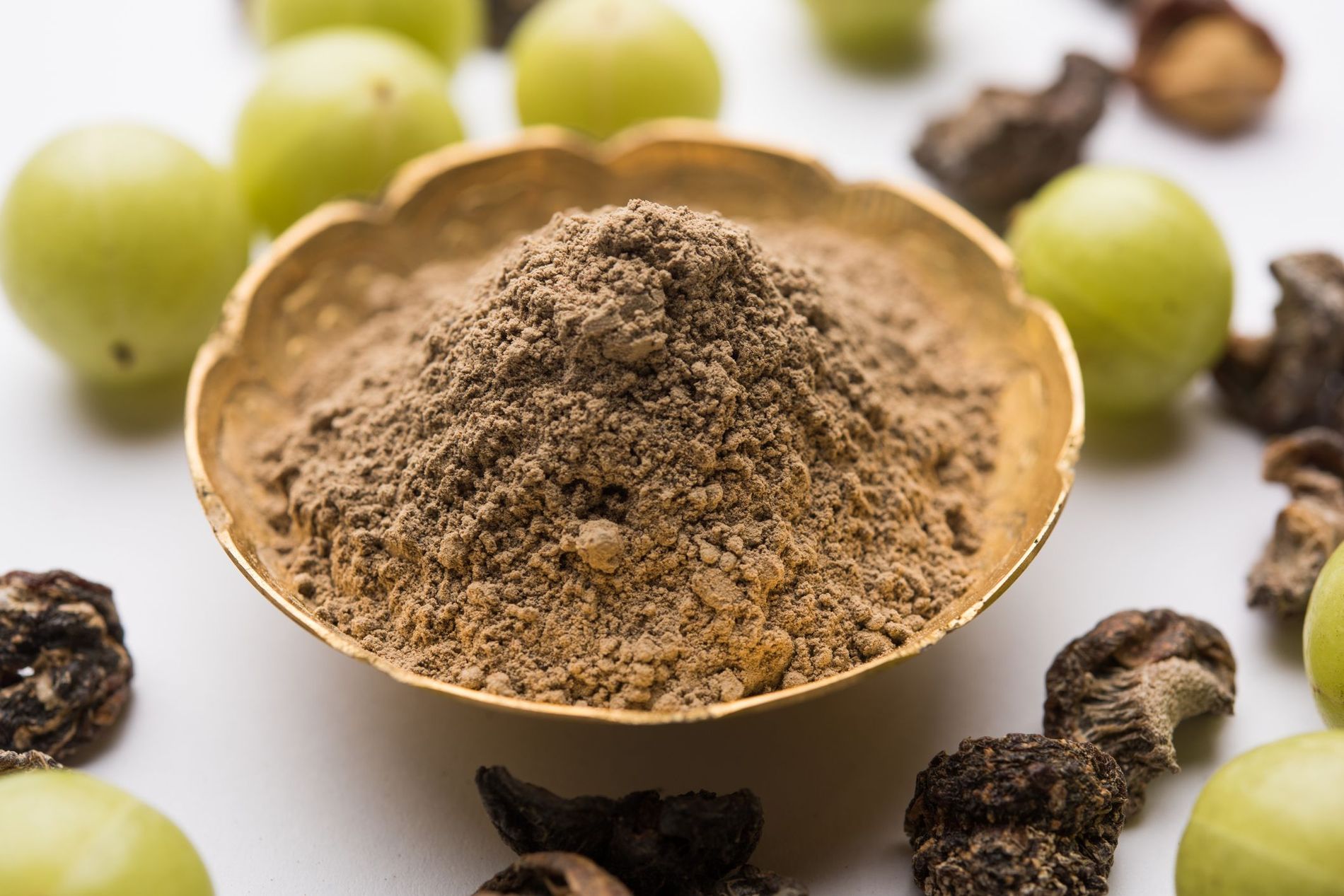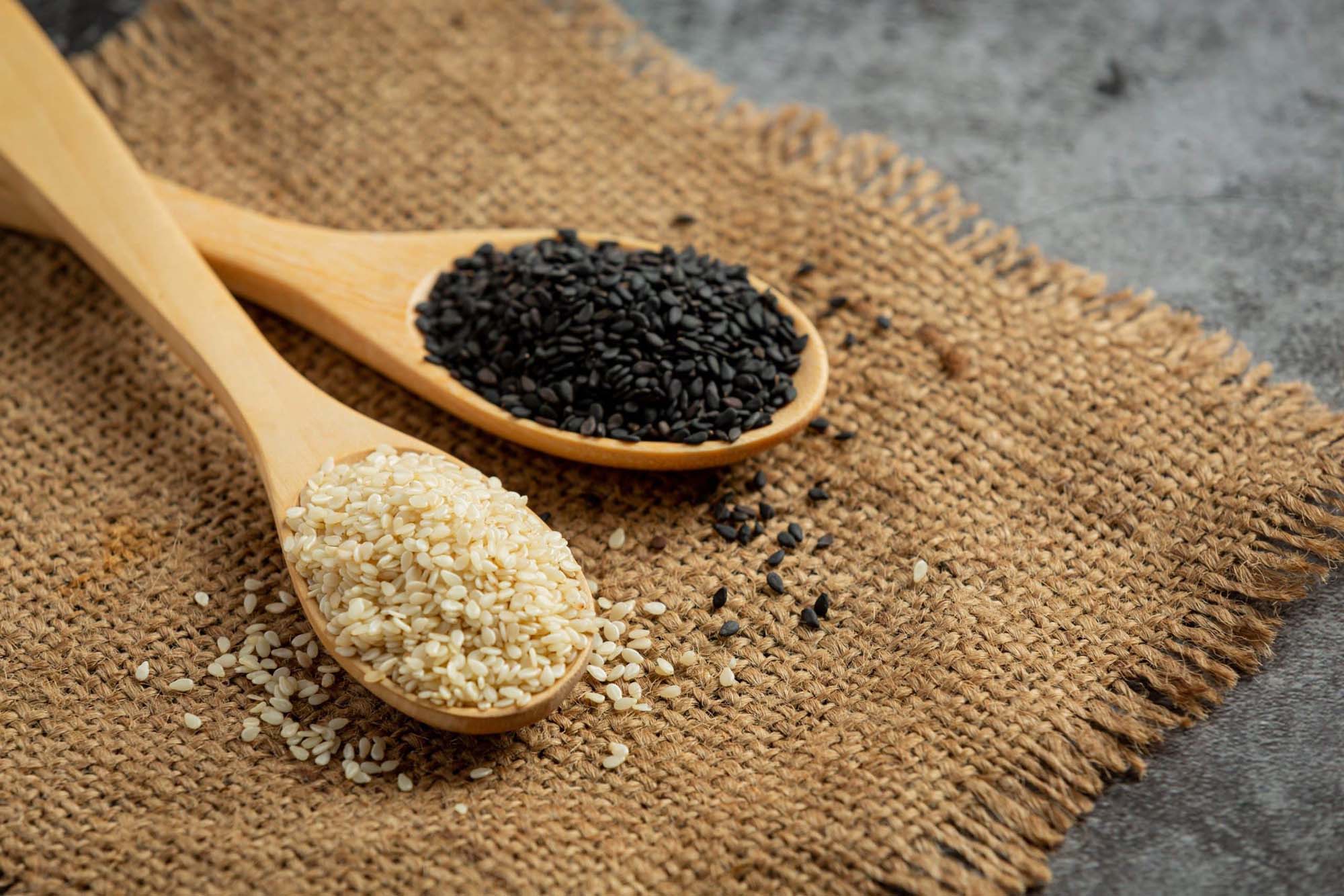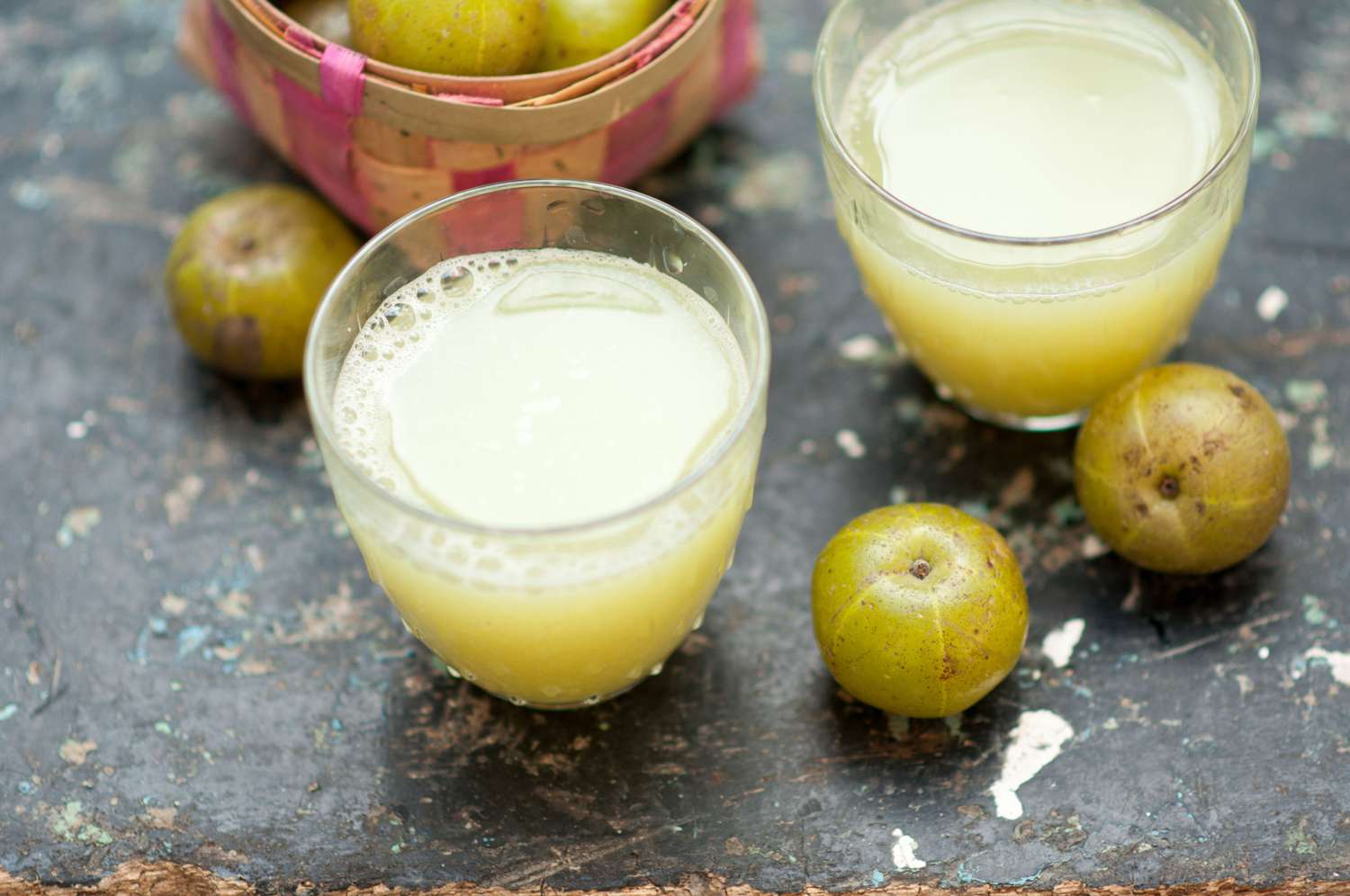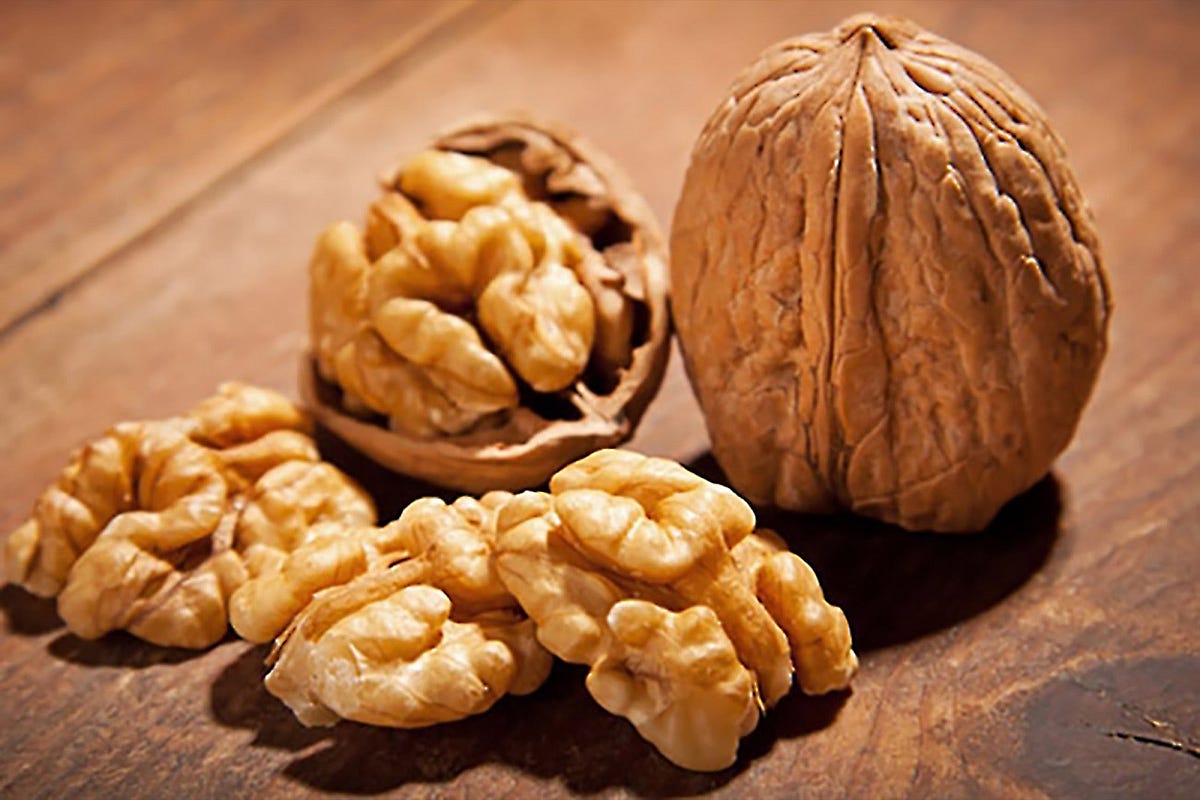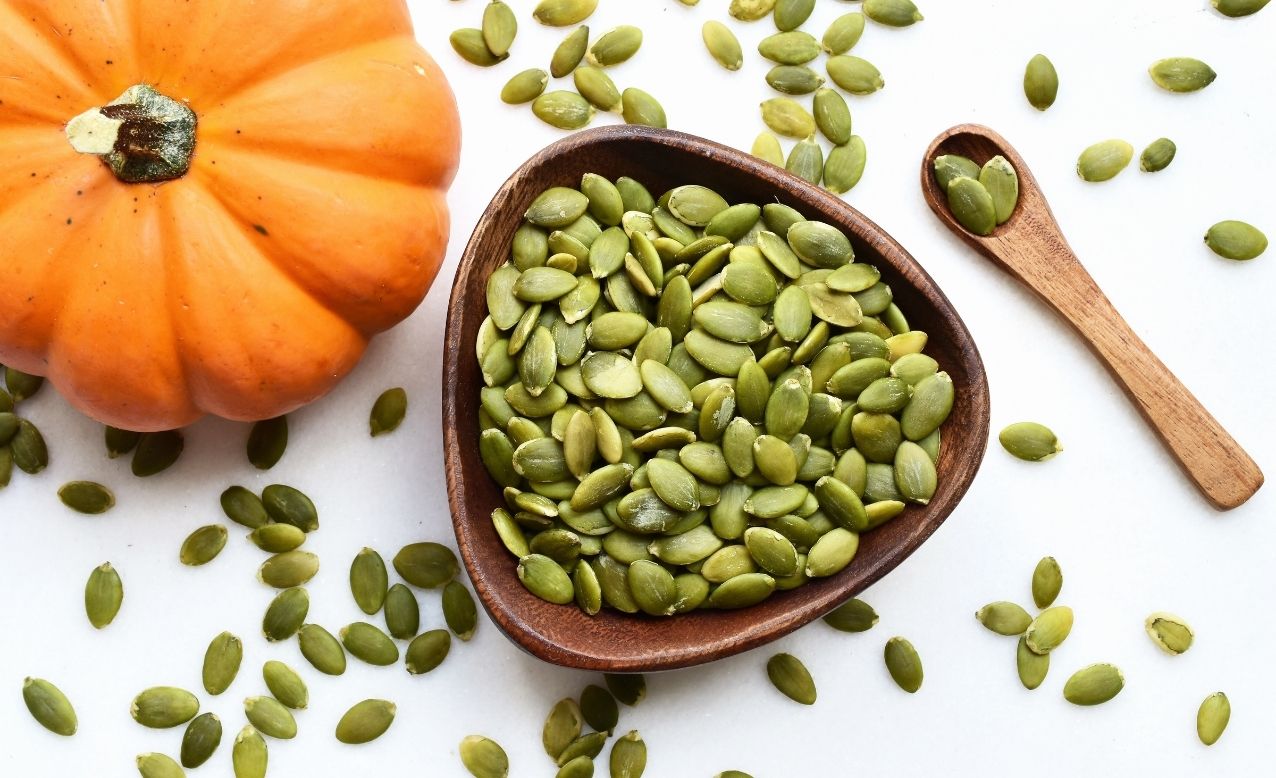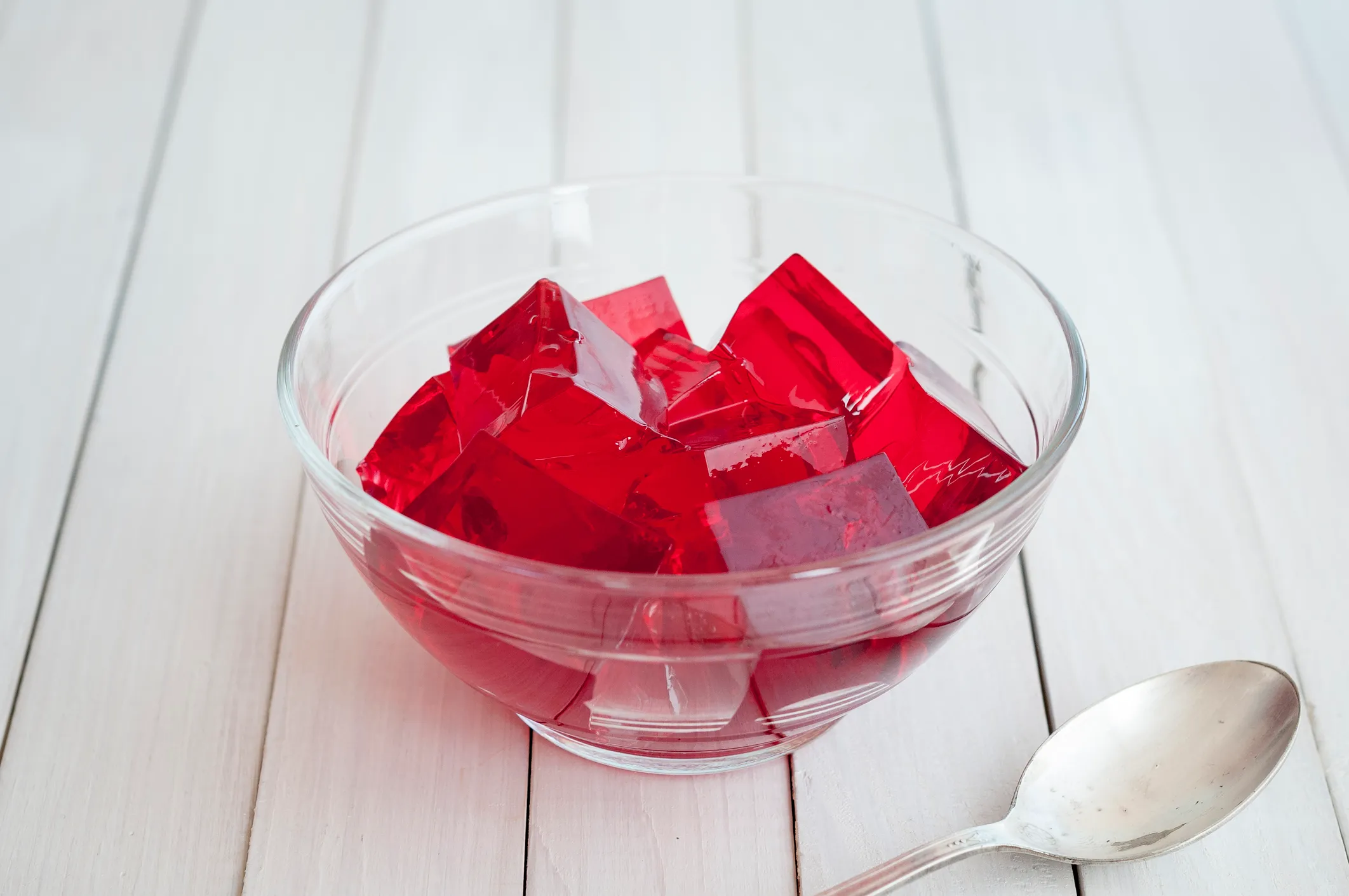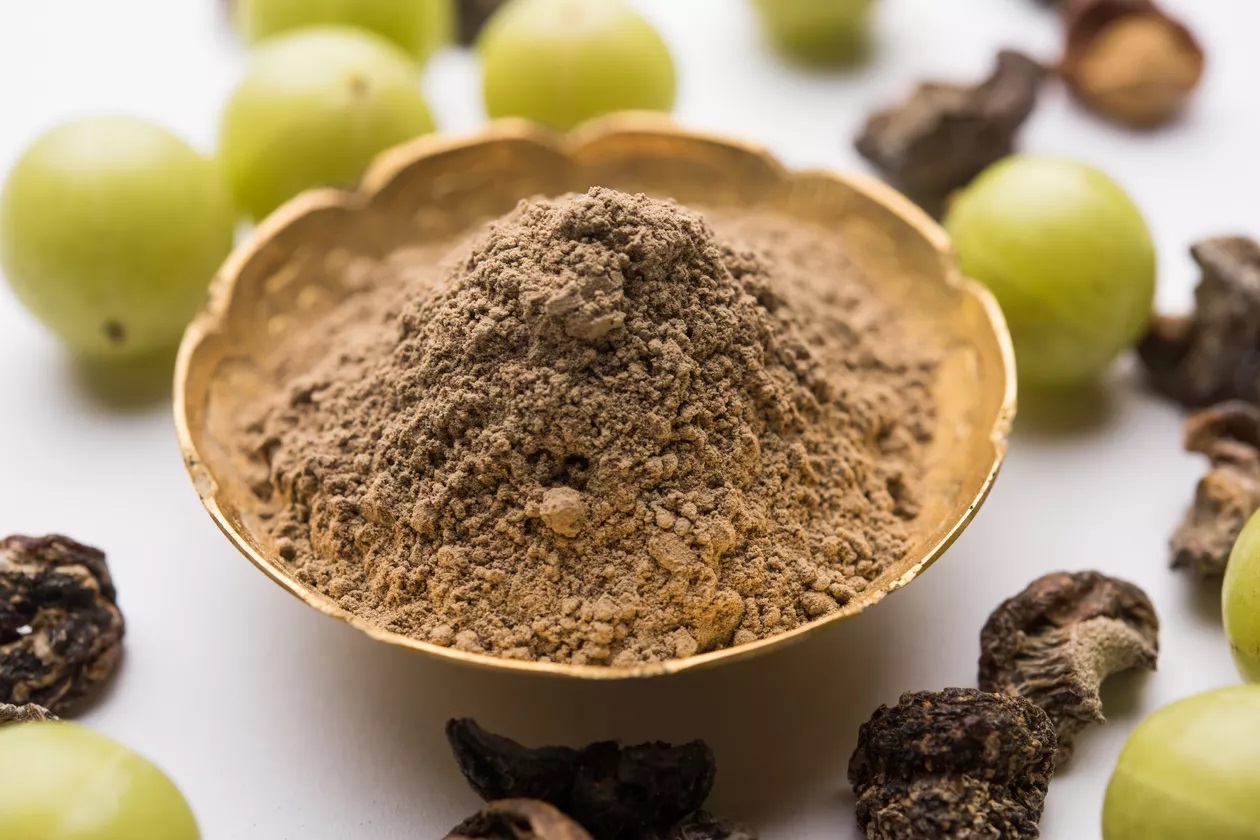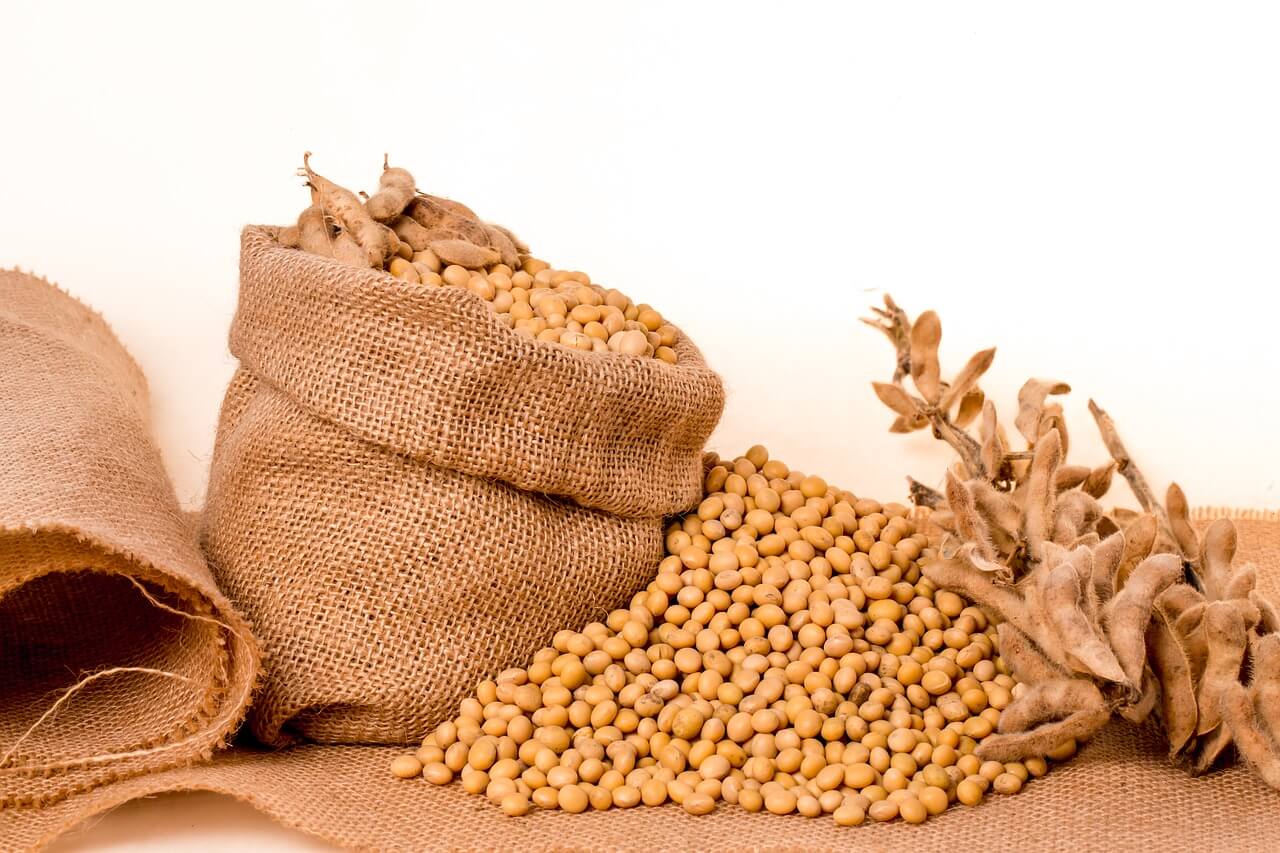Unlock the Power of Soybeans for Healthy Hair Growth
Are you looking for natural ways to promote hair growth and maintain healthy locks? Look no further than the humble soybean. Packed with essential nutrients and proteins, soybeans can work wonders for your hair. In this article, we will explore the benefits of soybeans for hair growth and share some delicious ways to incorporate them into your diet.
The Benefits of Soybeans for Hair Growth
Soybeans are a rich source of protein, which is essential for hair growth. The hair shaft is primarily made up of protein, so including an adequate amount of protein in your diet is crucial for maintaining strong and healthy hair.
Additionally, soybeans contain biotin, a B-vitamin that is known for promoting hair growth and overall scalp health. Biotin helps to strengthen the hair follicles and prevent hair breakage, leading to longer and thicker hair over time.
Furthermore, soybeans are packed with omega-3 fatty acids, which help to nourish the hair follicles and promote a healthy scalp. A well-nourished scalp is the foundation for healthy hair growth, and including omega-3 fatty acids in your diet can help achieve just that.
Delicious Ways to Enjoy Soybeans
Now that you understand the benefits of soybeans for hair growth, let’s explore some tasty ways to incorporate them into your diet:
- Soybean Salad: Toss cooked soybeans with your favorite vegetables and a zesty vinaigrette for a refreshing and nutritious salad.
- Soybean Stir-Fry: Add soybeans to your favorite stir-fry recipe for a protein-packed and satisfying meal.
- Soy Milk Smoothie: Blend soy milk, frozen fruits, and a handful of soybeans for a delicious and hair-nourishing smoothie.
- Soybean Snack: Roast soybeans with a sprinkle of sea salt for a crunchy and satisfying snack that promotes hair health.
By incorporating soybeans into your diet in creative and delicious ways, you can harness their hair-nourishing benefits while enjoying a variety of flavorful meals and snacks.
Conclusion
When it comes to promoting healthy hair growth, soybeans are a natural and nutritious choice. Their rich protein content, biotin, and omega-3 fatty acids make them a powerhouse for maintaining strong and luscious locks. By incorporating soybeans into your diet through salads, stir-fries, smoothies, and snacks, you can enjoy their benefits while savoring delicious meals. So, why not start adding soybeans to your grocery list and give your hair the nourishment it deserves?
